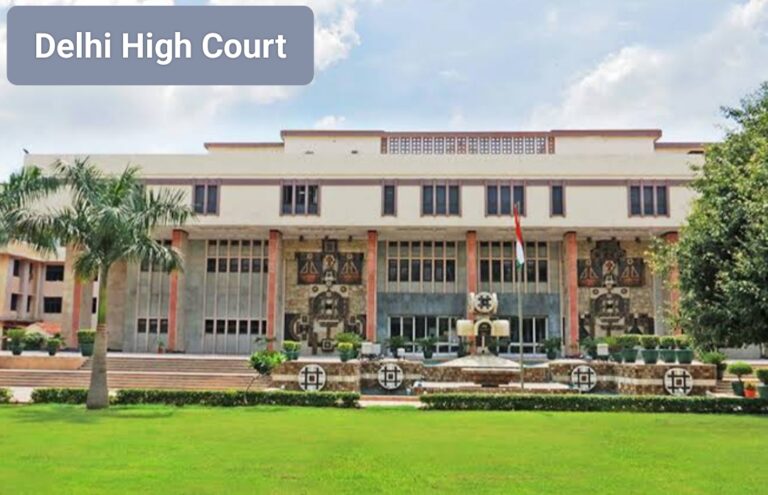In a landmark decision, the Delhi High Court in Hari Kishan Sharma v. Govt Of NCT Of Delhi & Anr., [2024:DHC:6902-DB], ruled in favor of the taxpayer (assessee), emphasizing that discrepancies in Form 26AS should not be the sole reason for denying an income tax refund.
This case in Delhi High Court involved a taxpayer who received compensation under the Land Acquisition Act but faced issues with the tax deducted at source (TDS) on the compensation, as it did not appear in Form 26AS. The taxpayer sought credit for a TDS amount of Rs. 1.68 lakhs on enhanced compensation of Rs. 18.59 lakhs. However, despite the Land Acquisition Collector issuing a corrected Form 16A reflecting the proper TDS, the assessee’s attempt to file a revised return was initially rejected.
A Division Bench consisting of Justice Yashwant Varma and Justice Ravinder Dudeja ruled in favor of the taxpayer, stating, “If the amount of tax paid or treated as paid on behalf of the assessee is found to be in excess of the amount chargeable, the assessee is entitled to a refund.” The Court added, “The petitioner cannot be penalized simply because Form 26AS contains a discrepancy.”
In this case, Advocate Ram Kumar represented the petitioner, while Advocate Puneet Rai appeared for the respondents.
The Court referred to Section 119 of the Income Tax Act, which allows for the condonation of delays in filing returns. It also overturned the Revenue Department’s earlier rejection of the assessee’s application to submit a revised return. The High Court directed the Revenue Department to accept and process the revised return accordingly.
The Assessing Officer (AO) had initially rejected the application based on the guidelines outlined in CBDT Circular No. 09/2015, which limits the condonation of delay to six years from the end of the assessment year.
However, the Court observed that the circular did not define a strict cut-off date. It further noted that various courts had granted relief beyond this six-year limit when the delay was not the taxpayer’s fault. Therefore, the Bench deemed it unjust to deny the taxpayer relief solely based on the time frame specified in the circular.
Even though the petition was filed after the six-year period, the High Court ruled that the taxpayer should be permitted to file a revised return. The Court granted the petition and directed the AO to accept and process the revised return in line with Section 227 of the Income Tax Act, ultimately ensuring that the refund claim is addressed appropriately.
This ruling sets a significant precedent for taxpayers facing similar issues, reinforcing the principle that tax refunds cannot be denied merely due to discrepancies in Form 26AS.
READ MORE
